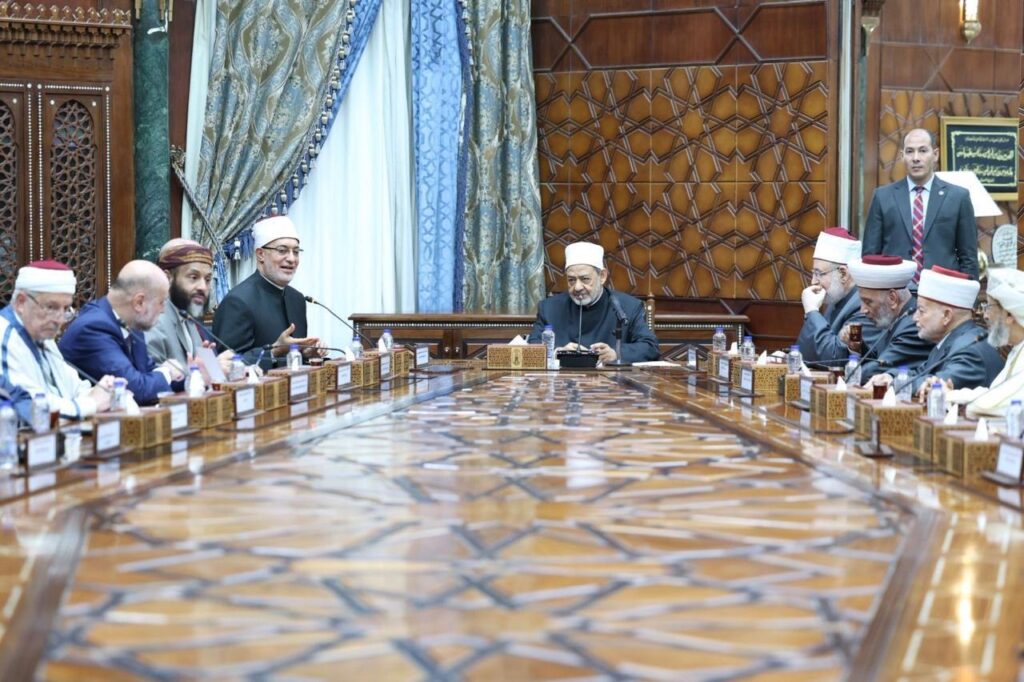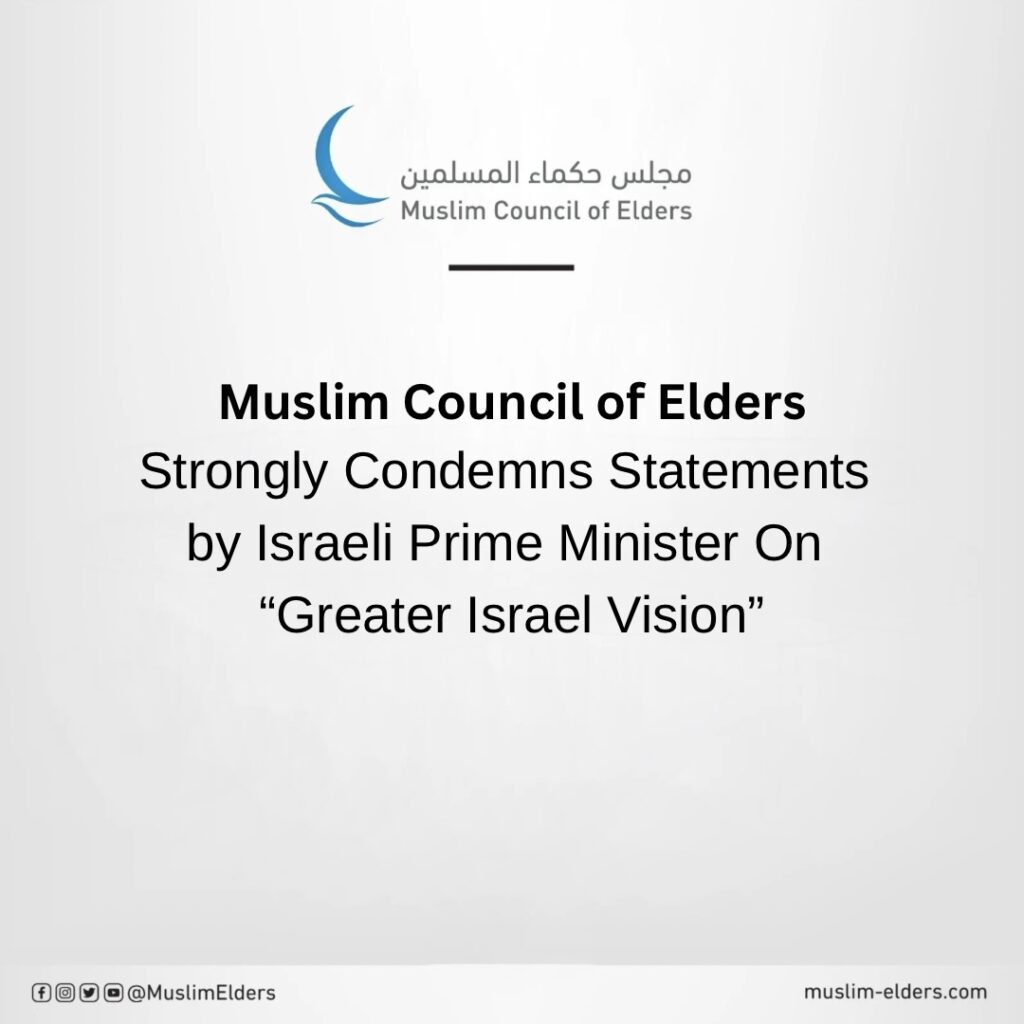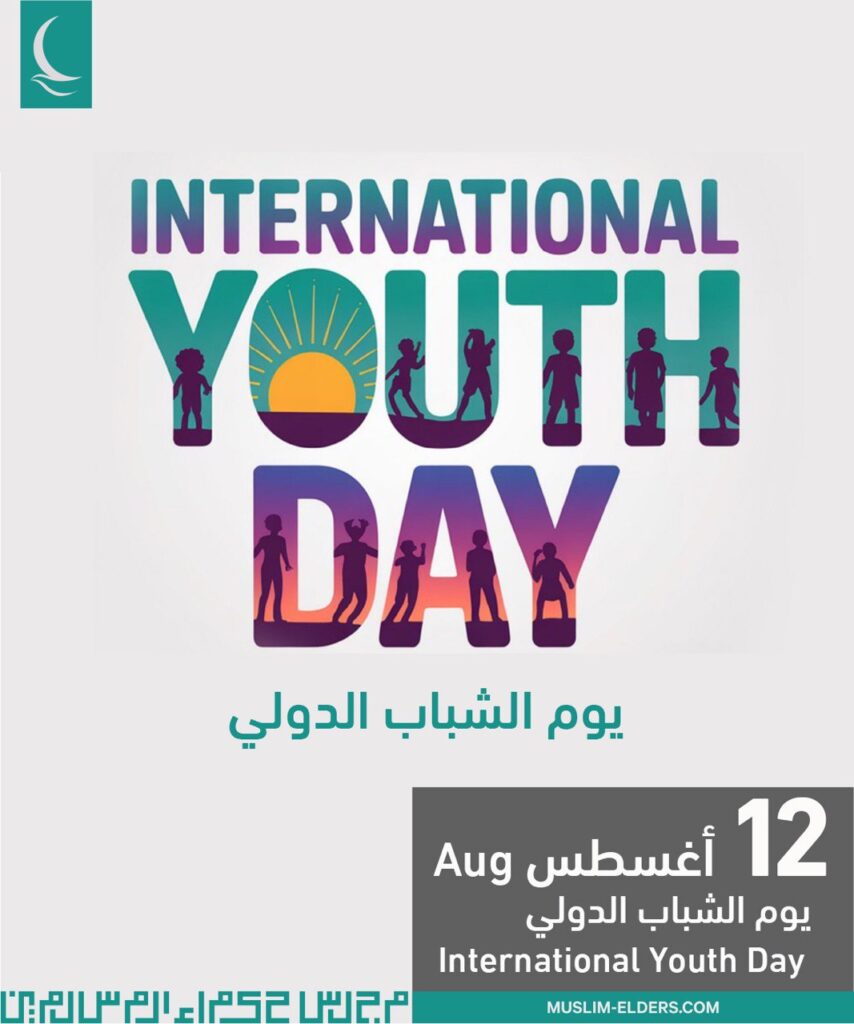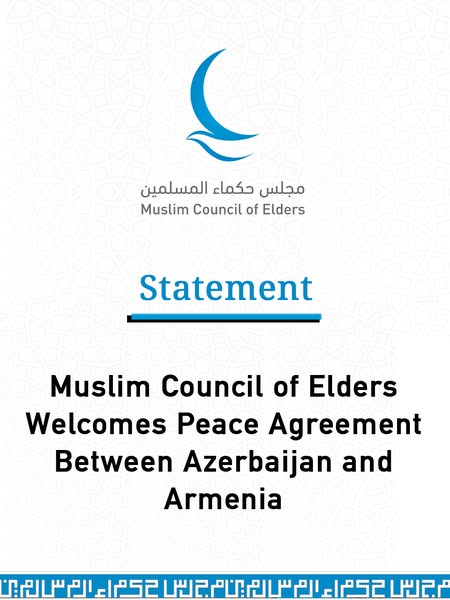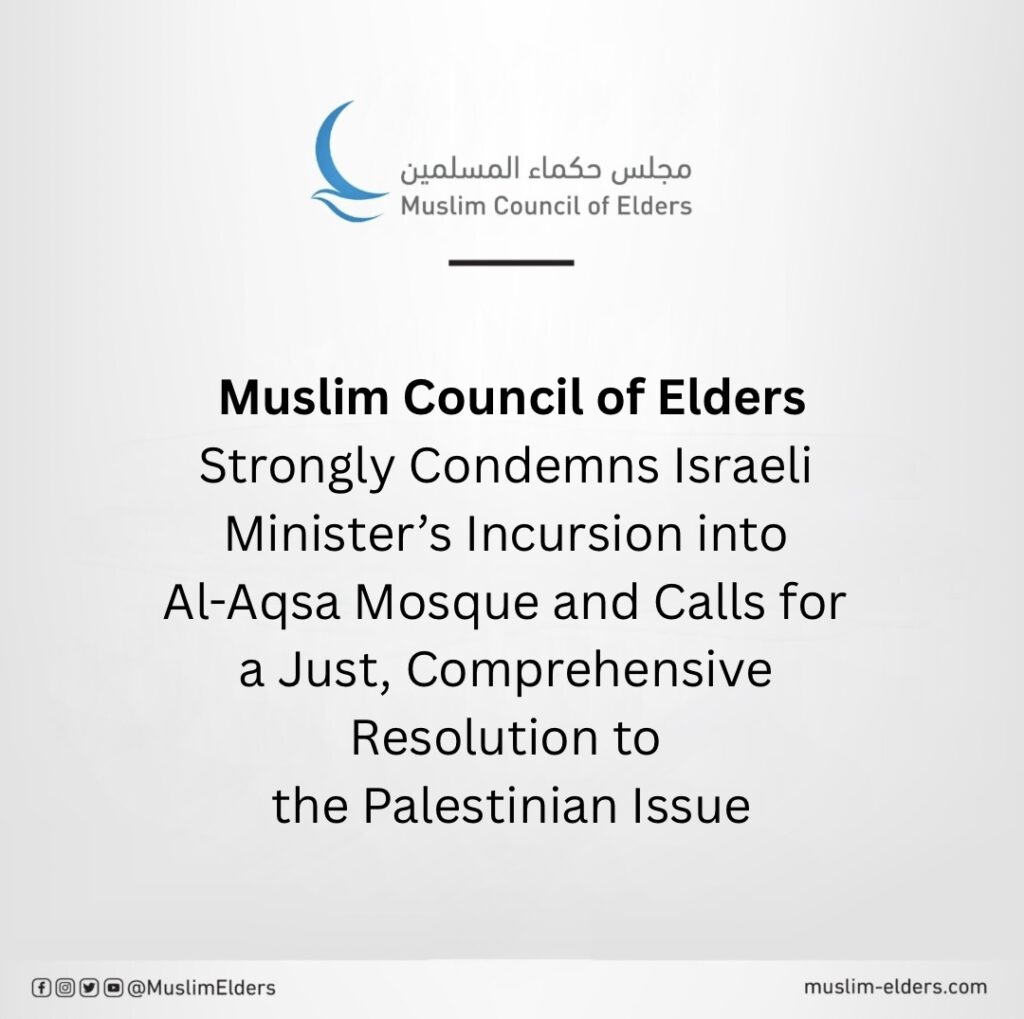Grand Imam of Al-Azhar and Chairman of the Muslim Council of Elders Meets Ministers of Religious Affairs, Muftis, and Heads of Islamic Councils from 30 Countries
His Eminence Dr. Ahmed Al-Tayeb, the Grand Imam of Al-Azhar and Chairman of the Muslim Council of Elders, has received a delegation of ministers of religious affairs, muftis, heads of supreme Islamic councils, and representatives of Islamic institutions from 30 countries participating in the conference titled “Developing the Prudent Mufti in the Era of Artificial Intelligence,” organized by the Egyptian Fatwa Authority. The meeting was attended by His Eminence Dr. Nazir Ayad, Grand Mufti of Egypt, and His Eminence Dr. Mohammed Al-Duwaini, Deputy of Al-Azhar.
During the meeting, His Eminence prayed that Almighty Allah guide scholars in addressing this significant topic and contributing to the use of artificial intelligence applications to serve muftis and facilitate their work. He stressed the need for an ethical charter to regulate these technologies, ensuring the preservation of human dignity and privacy.
His Eminence underscored the necessity of countering systematic campaigns aimed at distorting the image of Islam and falsely associating it with violence, which have fueled rising waves of Islamophobia and hatred toward Muslims due to widespread ignorance of Islam’s tolerant teachings and its message of peace. He noted that many Western scholars who have studied Islam objectively have highlighted its true essence in their works. This places a heightened responsibility on Islamic institutions in the West to refute false narratives about this noble religion. He also affirmed that Al-Azhar and the Muslim Council of Elders are ready to provide all forms of support to Islamic centers in the West, guided by their global mission and commitment to Muslim unity.
His Eminence further emphasized that religious and educational institutions in the Arab and Islamic worlds bear a religious and moral duty to raise awareness about the Palestinian cause and the history of Jerusalem, particularly in light of the ongoing brutal aggression in Gaza, which has persisted for nearly two years. He deplored the lack of knowledge among many in the Islamic world about basic historical facts related to Palestine, calling for the development of an educational strategy across Islamic countries to enhance awareness among youth about their history, especially Palestine, and to reinforce pride in their Arab and Islamic identity. He also stressed the need to counter attempts to falsify history promoted by others, affirming Al-Azhar’s full readiness to collaborate with all nations to develop this strategy and serve the Ummah’s awareness, thought, and causes.
For their part, the delegation of ministers of religious affairs, muftis, and heads of Islamic councils conveyed their deep appreciation for the Grand Imam’s significant efforts in defending Islamic causes and Muslims worldwide, promoting Islamic unity, and combating extremist ideologies. They also affirmed that Al-Azhar is the conscience of the Ummah and a refuge for Muslims of all denominations, with its positions consistently receiving widespread acclaim and support due to the immense respect and trust it commands among Muslims globally.

